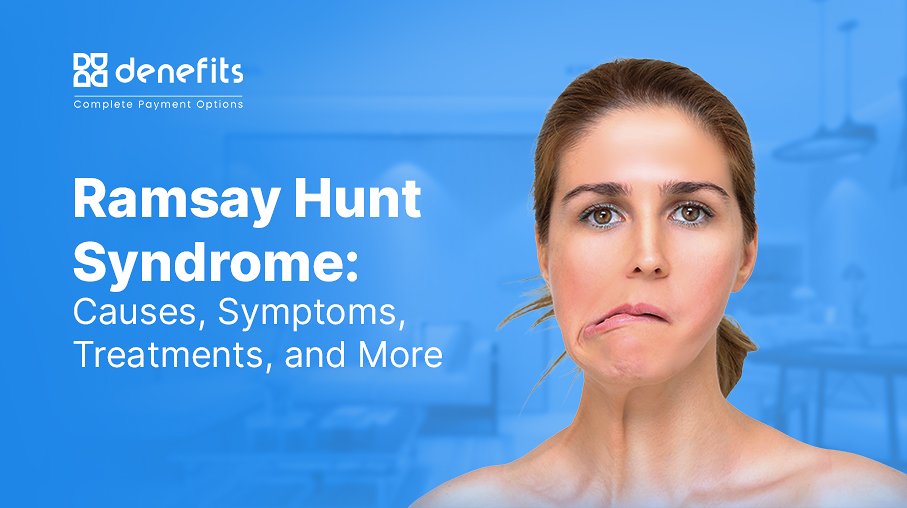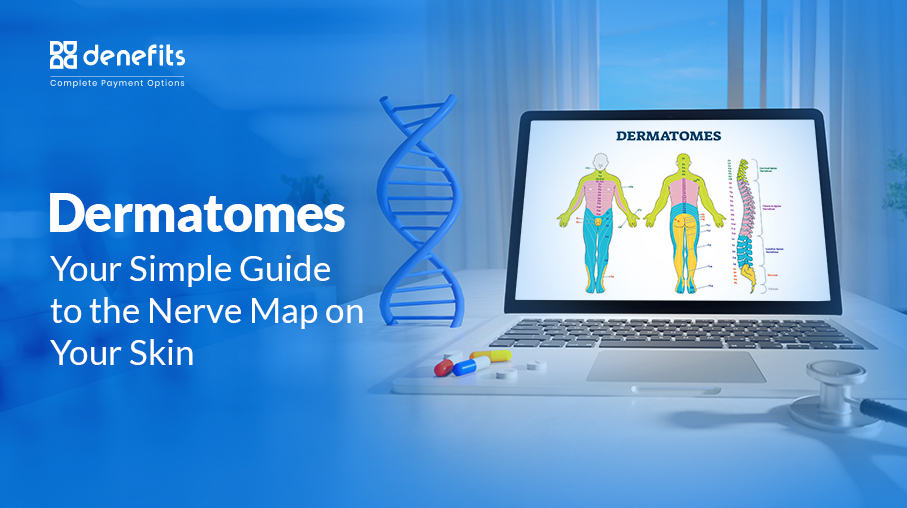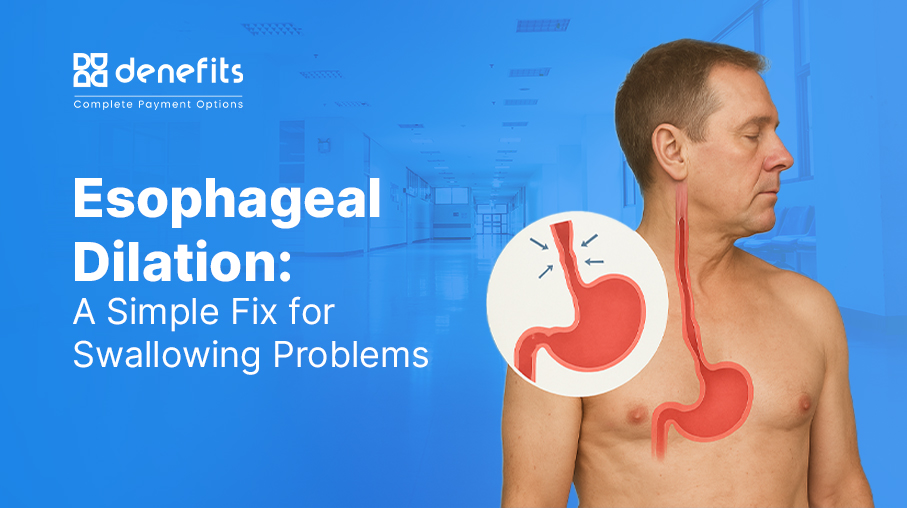
Healthcare in the U.S. is incredibly expensive, and managing medical bills is a significant challenge for many. In fact, approximately 79 million Americans struggle with medical debt, limiting access to necessary care.
Health insurance and healthcare payment plans are two key ways that help people manage their medical expenses. However, as per a 2021 survey, only 20% of Americans were fully insured.
Discover How Offering Payment Plans Can Increase Patient Loyalty and Satisfaction
The majority rely on private health insurance and don’t have full coverage. As a result, many look for flexible payment plans when seeking medical assistance.
In this blog, we’ve shared how healthcare payment plans differ from health insurance and their benefits for growing your practice.
Health Insurance
Healthcare expenses leave many patients worried about the financial burden. Even a simple doctor's visit can shake up their budgets, and a hospital stay can rack up tens of thousands of dollars in bills.
As a result, many delay seeking medical attention until it is unavoidable. In this case, health insurance helps by reducing these costs to more manageable levels.
There are different types of health insurance plans for various medical needs of patients, such as:
- Health Maintenance Organizations (HMOs)
- Exclusive Provider Organization Plans (EPOs)
- Point-of-Service Plans (POS)
- Preferred Provider Organization Plans (PPOs)
- Health Savings Accounts (HSA)
These health insurance plans are a great option for qualified patients. However, it is crucial to recognize that 27.5 million people in the U.S. were uninsured in 2021, with most citing the high cost of coverage as the reason.
Health insurance-related challenges
Amidst the pandemic and recession, many lost their jobs. It also affected their healthcare coverage, as most people had their employers offering insurance benefits.
As a result, many people struggled to pay their medical bills without proper health insurance, which forced them to look for alternative options. Healthcare payment plans emerged as one such option.
Understanding Healthcare Payment Plans
Payment plans are straightforward. They allow patients to pay their medical bills over time while providers retain patients. You just need to use software like Denefits to start offering healthcare payment plans to your patients so they can easily access your services.
So, if a patient cannot pay their entire bill in one go, offer Denefits’ flexible payment plans. So no more turning away patients.
How to integrate healthcare payment plans?
Integrating patient payment plans is not complicated. You can use software like Denefits to get started right away.
It lets you instantly create payment plans for a duration between 3 and 48 months. It automatically tracks all your contracts and updates collection status while you focus on delivering quality care to your patients.
Healthcare payment plans are beneficial for both providers and patients.
Here are some key benefits of offering payment plans:
► Encourage Uninsured Patients to Visit
Most patients avoid or delay care if they don’t have insurance or due to other financial constraints. But by offering flexible payment plans, you can encourage even uninsured patients to visit your clinic and access the needed care.
► Less Financial Anxiety
Structured payment plans ease patients' worries about medical expenses, promoting a positive healthcare experience. They also reduce your troubles of getting paid on time.
► Enhanced Patient Loyalty
Offering payment plans is an effective and compassionate approach that helps foster trust and loyalty among patients. This benefits their health and also helps ensure your practice's long-term success.
► Encourage Patient Retention
By integrating payment plan software, you can give your patients the flexibility to pay in easy installments. If they feel supported, they are more likely to follow through with their treatment and return to your practice for their future healthcare needs.
► Recurring Revenue
By using payment plan software, such as Denefits, you can ensure a steady and reliable income flow over time for the sustainable financial growth of your practice.
Key Differences Between Payment Plans and Health Insurance
Here’s an overview of how healthcare payment plans differ from health insurance:
| (Denefits) Payment Plans | Health Insurance | |
| Payment Structure | Flexible | Fixed |
| Coverage | All kinds of medical services or treatments (including cosmetic procedures) | Coverage for only specific health problems |
| Approval | High | Limited |
| Credit Check | No | Yes |
| Cost Sharing | Low-interest rate | May involve copay, deductible, and coinsurance |
| Enrollment Process | Often available upon request | Requires enrollment and selection |
| Flexibility | Can be tailored to individual needs | Limited flexibility |
| Uses | For managing specific medical expenses regardless of insurance status | Comprehensive coverage for a range of medical needs |
Final Thoughts
Health insurance helps people easily access the care they need. However, many patients can’t afford insurance, so healthcare payment plans are their best bet.
If you are committed to extending your services to more patients and improving their lives, integrate Denefits today! Schedule a demo to learn more!


